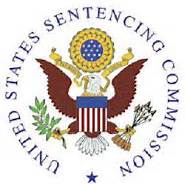

By Albania Nicasio
This project was completed as part of CUNY IS608's curriculum. To see other projects, please click here for the homepage
The Fair Sentencing Act was an Act of Congress signed into law by U.S. President Barack Obama on August 3, 2010. Similar bills were introduced in several U.S. Congresses before its passage in 2010. The law reduced the disparity between the amount of crack cocaine and powder cocaine needed to trigger certain United States federal criminal penalties from a 100:1 weight ratio to an 18:1 weight ratio and eliminated the five-year mandatory minimum sentence for simple possession of crack cocaine, among other provisions. Courts had also acted to reduce the sentencing disparity prior to the bill's passage.
The sentencing disparity between these two drug offenses is perceived by commentators as racially biased. In 1995, the U.S. Sentencing Commission concluded that the disparity created a "racial imbalance in federal prisons and led to more severe sentences for low-level crack dealers than for wholesale suppliers of powder cocaine... As a result, thousands of people – mostly African Americans – have received disproportionately harsh prison sentences."
Source: en.wikipedia.org/wiki/Fair_Sentencing_Act
source: USSC Annual Datafiles Next: Retroactive ApplicationSentencing Disparity and Effects
Visualization of Data from the US Sentencing Commission (USSC).
Race Of Drug Offenders In Each Drug Type